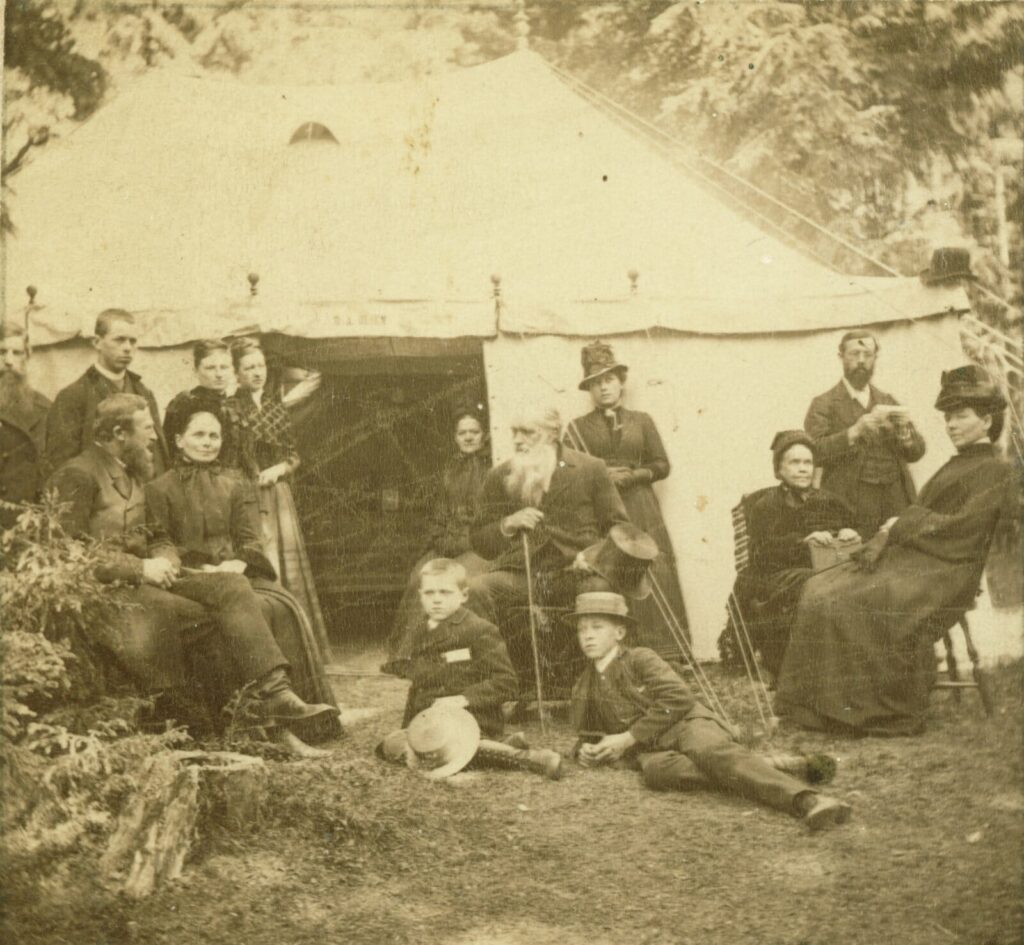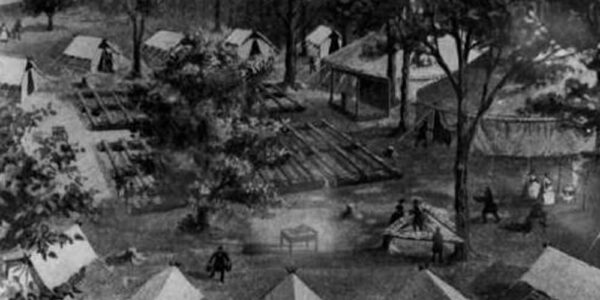From the very first camp meeting of the Seventh-day Adventist Church, held in 1868 on the farm of E. H. Root in Wright, Michigan, United States, to the 111 camp meetings held in the North American Division (NAD) in 2018, the benefits of these gatherings are still countless.

Here are five of my observations about camp meeting, and why Adventists still attend.
1. It solidifies our biblical faith. From Palau to Bermuda, from Alaska to Newfoundland to Florida — and everywhere in between — Adventists in the NAD still have the hope that Jesus is coming again soon. That hope is forged and solidified when we come together to open God’s Word and are reminded that this world is not our home.
Faith in God is renewed at camp meeting and, as quiet as it’s kept, it is a great place to deal with, or combat, errant theology. Ellen White wrote that camp meetings were “to promote spiritual life among our people…. We need to meet together and receive the divine touch” (Testimonies for the Church, vol. 2, p. 10). Camp meetings keep us spiritually focused. They also give us an annual corporate and personal renewed-faith possibility.
2. Day-to-day living is encouraged through fellowship. This annual gathering encourages cross-pollination with like-minded believers from many congregations. Whether in cities or rural towns and neighborhoods, our fellowship helps us relate to each other’s common struggles and victories. Fellowship is like iron sharpening iron (see Proverbs 27:17). It was huge in the early church as they broke bread together and prayed (see Acts 2:42). Isn’t it just as important today?
3. It helps keep the focus on mission. Camp meetings done superbly require significant time, energy, and finance. The investment given by conferences to camp meeting yields significant spiritual optimism, evangelistic momentum, and mission feedback that can be felt throughout the entire year. When conference churches or constituencies join together, newfound stories and experiences are shared and mission is solidified.
4. Most church members attend on weekends. Camp meeting attendance is largest on the weekends. Because of this, some conferences conduct only weekend seminars and preaching services. But even in these situations, it is an annual occurrence of focus and intentionality.
5. The Lord blesses abundantly. It’s true that you get what you desire or expect from camp meeting. But one thing is certain: the Lord blesses human efforts on these dusty grounds. When I hear such things as “I’ve been attending camp meeting for 32 years” or “I’ll never miss camp meeting again” or “I was baptized at camp meeting,” I know the Spirit of the living God accompanies our human frailty in this kind of meeting that’s been around a century and a half.
What spiritual benefit have you discovered at camp meeting? What urbanite friend could you invite to experience the concentrated exposure to nature while listening to practical seminars and powerful preaching? I invite you to experience at camp meeting the refreshing outpouring of God’s Spirit on your life.
The original version of this story was posted on the North American Division news site.



